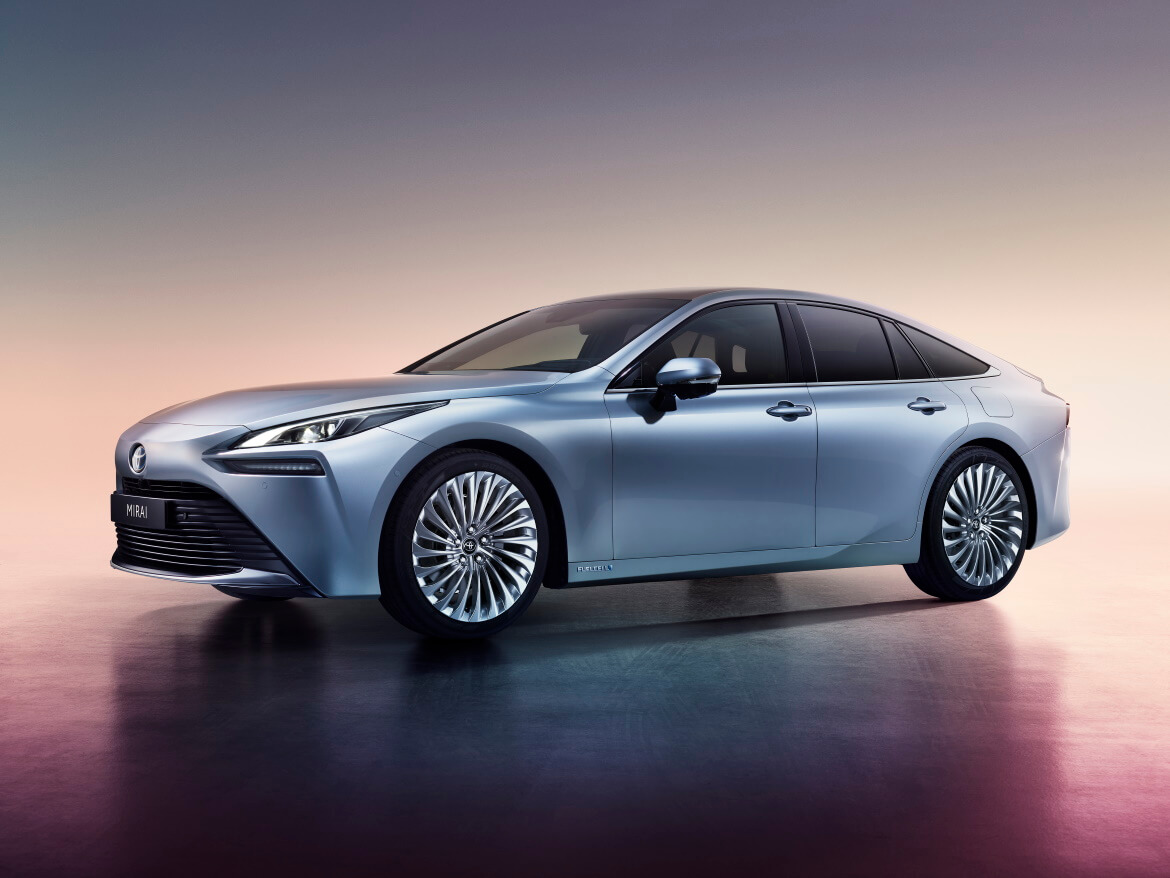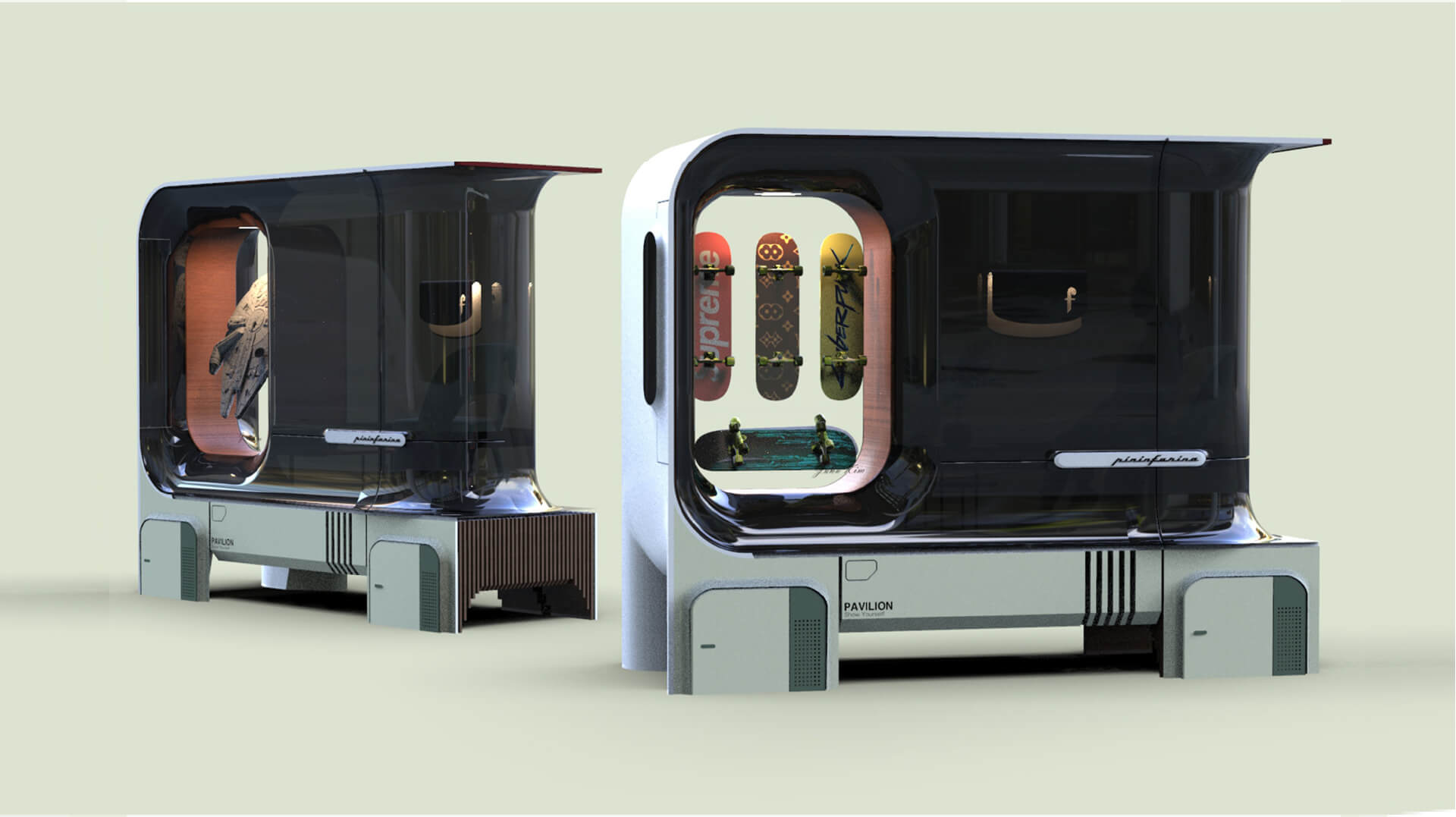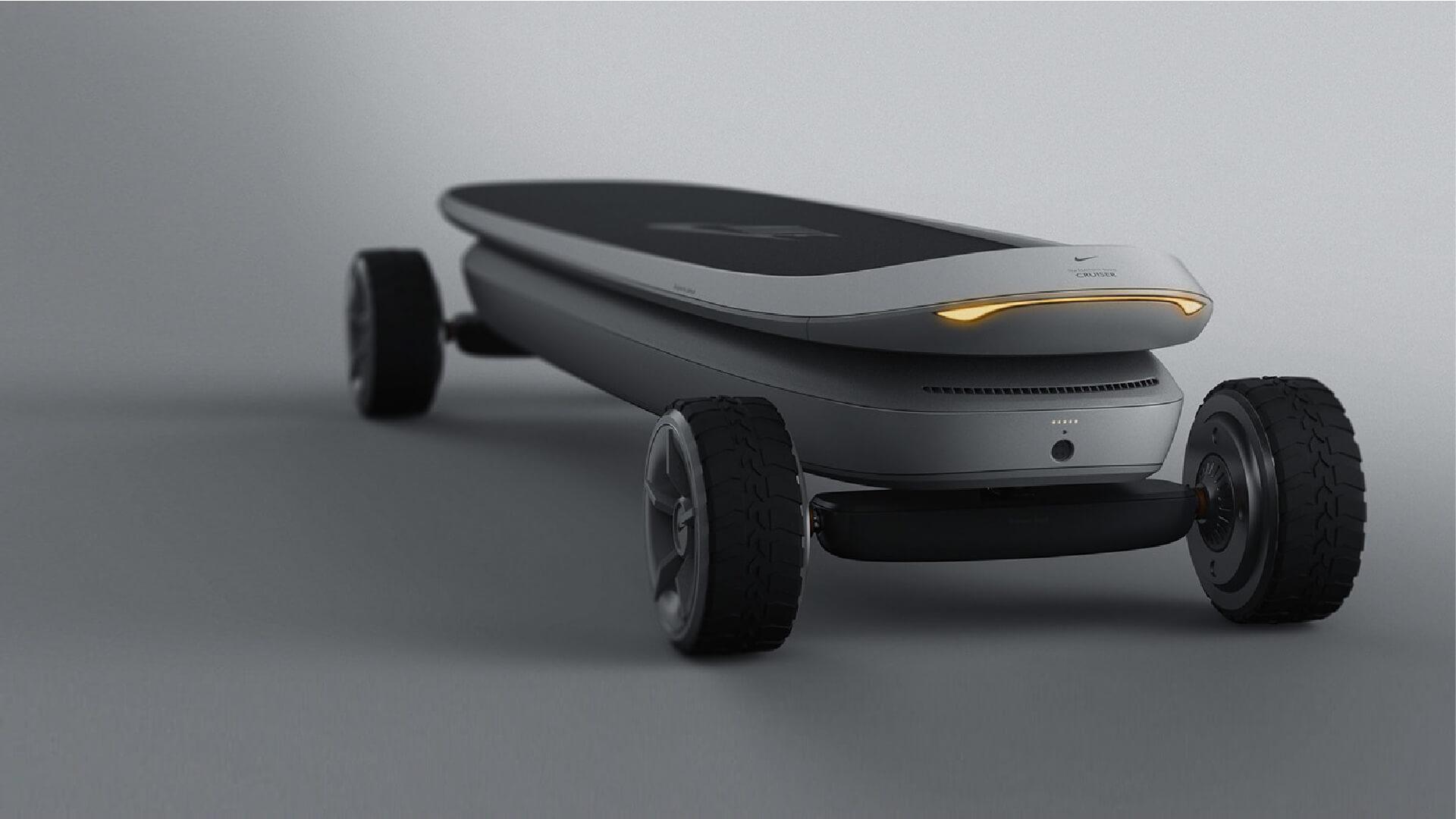Let’s hope hydrogen doesn’t end up like Betamax
Through the words of Valerio Cometti, Founder of V12 Design, we explore and discuss hydrogen: a valid alternative to Battery Electric Vehicles, an option that should not be overlooked due to e-radicalism.

“Cybertruck, Elon Musk, PowerWall, GigaFactory” – Those are words, products, and protagonists not only of an extraordinary entrepreneurial adventure but also of a new lexicon that associates these labels with exciting and contagious meanings, sometimes even bearing some fundamentalist spirit.
I don’t have to be a Tesla-fan to recognize the value of Elon Musk’s work, starting an authentic revolution in the first place, accelerating an almost fideistic sensitivity in those who see in the accumulation of electricity in batteries the future of cars and, additionally, domestic environments.

For those unfamiliar with the impact of Tesla and its subsidiaries on households, I suggest Googling “Hornsdale Power Reserve“, the largest battery in the world aiming at network stabilization purposes for the federal state of South Australia.
And yet, with all this enthusiasm, I have to state that I don’t think the future is headed in this direction, well aware of my opinion resulting unpopular for many people deeply in love and fully convinced, not only of the Tesla phenomenon but of all the electrification endeavors by Audi, Jaguar, Mercedes and many other automotive companies incorporating accumulators powering the one or more engines equipped on the vehicles.
At this moment in time, tens and hundreds of billions of Euros and Dollars have been spent to design new chassis (now called “platforms”) capable of accommodating batteries that weight on average around 500Kg, to create charging infrastructures (more or less dense, more or less efficient) to find ourselves today with a growing offering of unquestionable high-quality BEVs, Battery Electric Vehicles.

Not only can we enjoy the pleasure of the maximum torque with zero RPM, but also the driving feeling of the “one-pedal”, that became an enjoyable driving experience thanks to regenerative-braking. I won’t dispute these elements of undeniable pleasure: as a mechanical engineer, passionate for the soundtrack of a twelve-cylinder singing through 48 valves at 8500 RPM, I do not even think about ignoring the advantages of electric propulsion.
My real concern is about the batteries and what they imply.
I do not like the idea of rethinking entire chassis’ to host half a ton of accumulators, I do not like to think of the same half a ton becoming an environmental problem in less than ten years (even with the possibility of a “downgraded” use in households), I do not like waiting for 20 to 25 or even 40 minutes to recharge, I do not like having to wire hundreds of thousands of houses with expensive and sophisticated power-walls to recharge cars that would otherwise take days to charge with 220V power outlets, I do not like the environmental and industrial effort required to build such a mass of accumulators that today are minimally legitimated solely thanks to the high efficiency of electric power.

Actually, there are many things that I do not like.
Of course, I am ready to step back on my disbelief the day that the long-awaited solid-state batteries will represent a quantum leap in terms of charge accumulation density and speed of recharge.
Although even if, due to my occupational hazards, I try to avoid being dogmatic and Manichean, I must confess that I have the feeling of holding the answer to many problems among us, and that is called hydrogen: the most common element in our universe offers so many benefits that it is difficult to decide which one to begin with.
Maybe I could start by saying that, on a vehicle, 1 kg of hydrogen stores as much energy as that stored in about 150 kg of batteries? Maybe that imagining to use batteries for trucks or, even worse, ships is just unthinkable, while with hydrogen it would be doable? Maybe that converting the network of petrol and diesel distributors to hydrogen ones would be much easier as compared to building a gigantic 150Kw (minimum) electric recharge station network?
Maybe we should talk about the hydrogen charging times, being around 2 to 3 minutes, exactly like the average “fill up” time? Maybe I should also mention that from the point of view of the charging network, the management of hydrogen is much simpler and potentially enormously interesting for the manufacturing industry too? Maybe that if combined with solar power, the generation of hydrogen by electrolysis would be a process with minimal environmental impact?

At the moment, mainly two automotive companies continue investing in hydrogen power: Hyundai and Toyota (it seems that Mercedes has decided to stop the hydrogen development plan).
I must confess that I am very much fascinated by the determination of the Japanese folks at Toyota: thousands of engineers, initially mocked for their heavy and expensive hybrid cars, today are toasting to the colonization of the world through their vehicles. The same Japanese engineers today employ their “stubbornness” not only on hydrogen but even building an entire city, called Woven City, where more than 2,500 residents will move in towards the end of 2021: citizens will be immersed in a lab-town where the most avant-garde technologies such as autonomous driving, drone delivery, 5G and, of course, hydrogen are integrated and tested in a real-life environment.
So, all this represents an overwhelming victory of hydrogen?
No, not at all.
Mainly because we are dealing with a very complex matter and the pro-EV folks do bring many good arguments the table: above all, the lower energy efficiency of the hydrogen supply chain (requiring extraction-compression-storage-transformation onboard), compared to the supply chain “Electron” – about 40% the former and 75% the latter, indeed not a tiny difference.
Yet I believe that if BEV cars should become a standard it will be primarily because of early investments and greater critical mass and supportive political influence, which as of now has shown little or no interest in hydrogen.

After all, it could be a story like the one of BetaMax (hydrogen) and VHS (BEVs) repeating once again: the first format being undeniably superior in content, while in the end VHS prevailed.
But don’t get mad, I’m not saying that EV will win thanks to pornography!
Valerio Cometti is the founder of Milan-based V12 Design, a company that blends a truly engineering-based approach with a design-oriented vision, combining technical issues with aesthetics in every challenge they face, generating solutions that take shape through an iterative cycle centered around the needs of the client.













